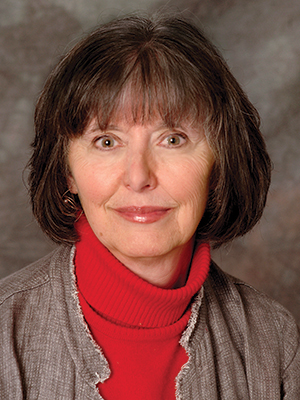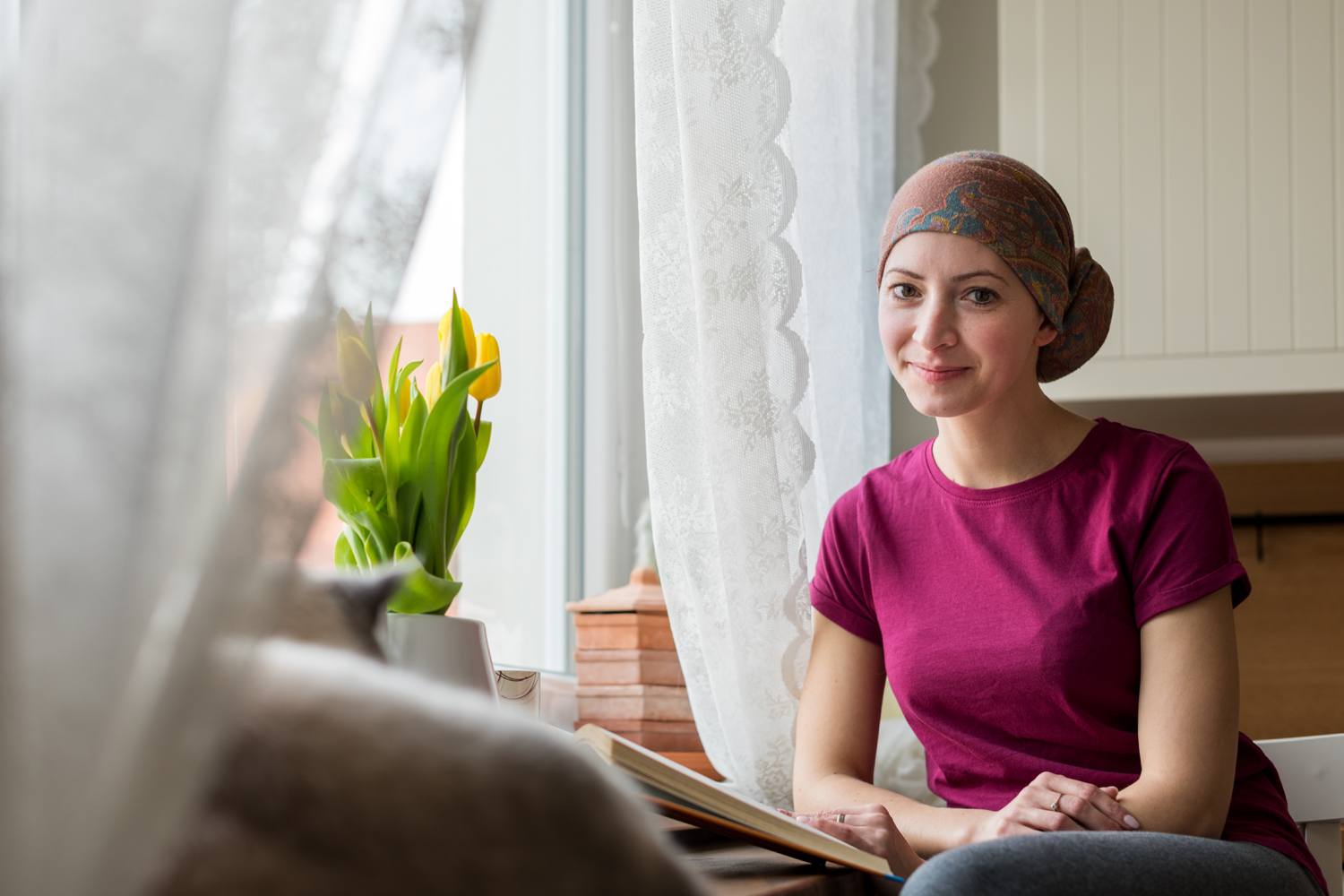
Hester Hill Schnipper Photo courtesy of Beth Israel Deaconess Medical Center
THANKFULLY, MORE PEOPLE ARE LIVING LONG LIVES after a cancer diagnosis and treatment. As of January 2022, the American Cancer Society estimated that 18.1 million people in the United States were living with a history of cancer—just over 5% of the nation’s population.
However, as many of us live years after cancer treatment, we may experience treatment-related mental health issues and physical challenges, including fatigue, sexual difficulties, pain, stomach issues or lymphedema.
How do we live our lives fully after we have finished our treatment? Here are some suggestions:
1) After you are done treatment, ask your doctors about possible health problems that could develop, including the near- and long-term effects of treatment, so you can take proactive steps to screen for health issues. For example, people who have had lymph nodes removed or radiation to the chest are at risk for developing lymphedema, a swelling caused by an accumulation of lymphatic fluid in the body that typically pools in the arms or legs. Some kinds of therapy, such as chemotherapy, can also increase the risk for cardiovascular issues.
2) Keep up with routine health visits, including going to the dentist and eye doctor and having your hearing checked. Alert any new doctors to your history of cancer.
3) Many people feel that cancer treatment has added years to their appearance. Chemotherapy and other treatments can affect the skin’s ability to retain moisture, which can cause wrinkles in the skin. After chemotherapy, our hair may lose its fullness, and our eyebrows and eyelashes may thin out. Remind yourself that everyone ages, and our bodies have worked hard to help us stay well.
4) If you are struggling with mental health issues and feel depressed or anxious, commit to seeing a therapist who is knowledgeable about cancer.
5) Accept that your experiences may have changed your perspectives and values. For example, you may appreciate family and friends even more but have less tolerance for negative people or situations.
6) During treatment, you might have longed for a normal day. Relish the small things, like an excellent cup of coffee or seeing a hummingbird at your new feeder.
7) Many people believe cancer was a positive turning point in their lives, helping them to become more grateful and loving people. Other people completely disagree. Accept that neither view is right or wrong.
8) Some of us struggle with survivor’s guilt. Why are we alive and well when others have been less lucky? There is no good answer to this question, but we can honor people we have lost by living our best life day by day.
9) Don’t wait to do what is important. Live slightly out of your comfort zone.
Cancer Today magazine is free to cancer patients, survivors and caregivers who live in the U.S. Subscribe here to receive four issues per year.





